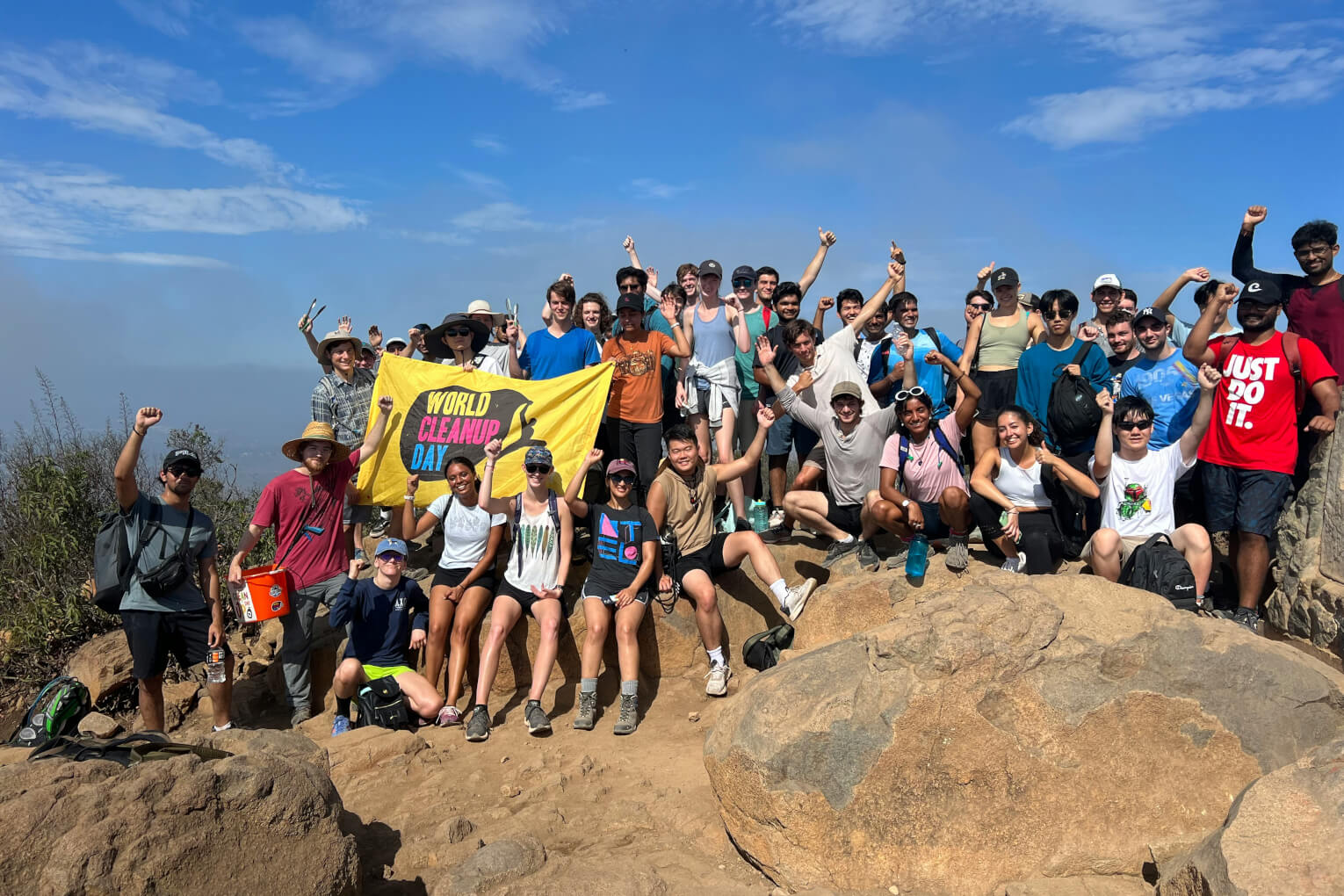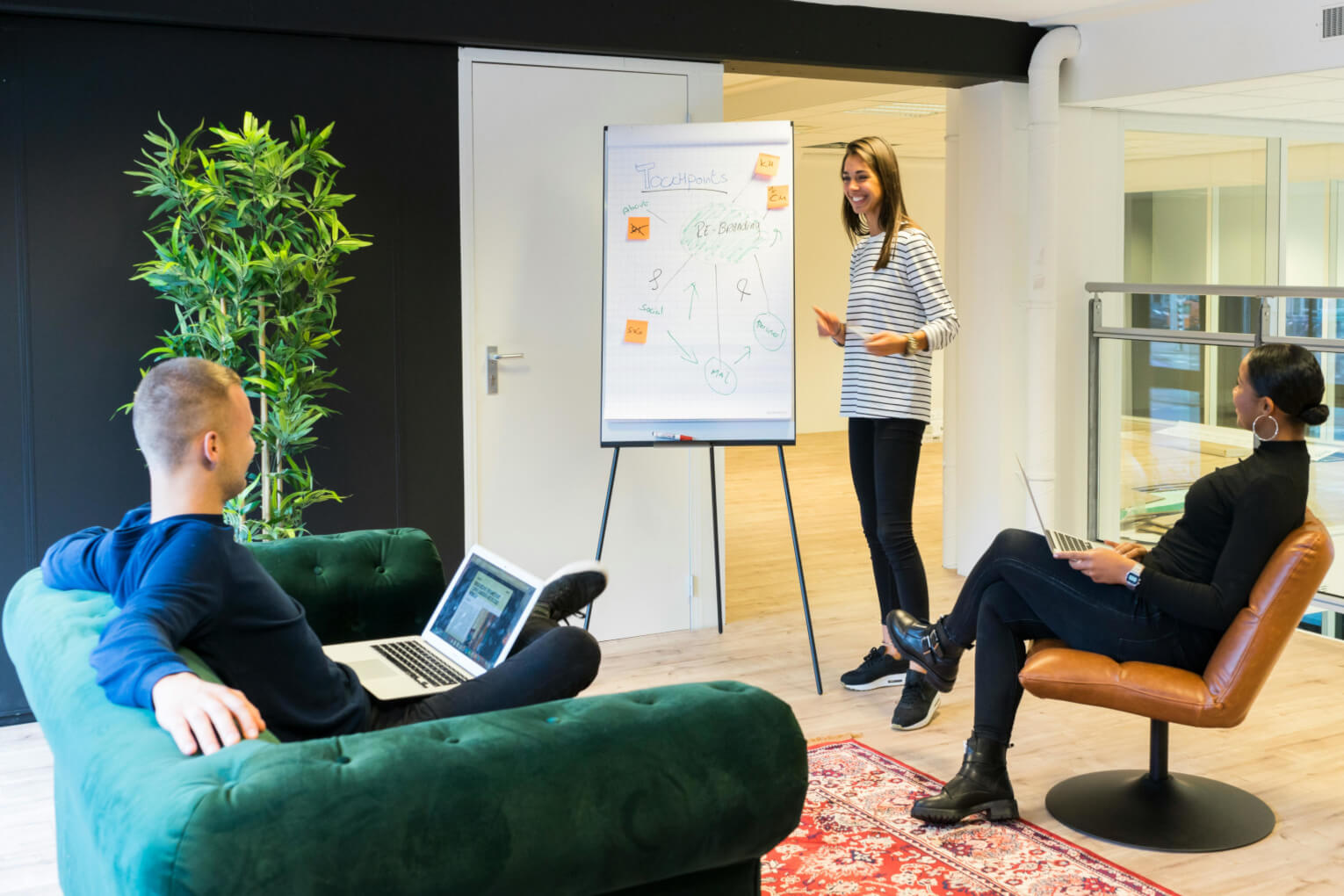


When working in a fully remote company, the question that outsiders ask most often is: how do you keep the company culture alive?
We sat down with Mary Hartberg who does just that at the 100% distributed company Close.com. As the Director of People Operations, Mary has been instrumental in growing their fully distributed team, now operating in 13 countries and 16 states, while finding different ways to keep the human element alive.
In today’s episode of More Beach Meetings podcast, we talk about company retreats and what Close.com does to build and maintain culture as a fully remote company.
Take a listen ?
Subscribe to More Beach Meetings podcast on:
Starting a Company with a Group of Friends
One thing that makes Close.io authentic is that it was started as a tight-knit group of friends from the same town which ultimately grew to the company it is today. Built by salespeople for salespeople, Close.io allows companies to close more sales through built-in calling, SMS and email all connected in one platform.
Remote Work as an Integral Part of the Company
Close.io didn’t start as a remote company. The company headquarters was located in Palo Alto initially, but there was only one problem – most of the core team didn’t work there. Eventually, they hired their first support person in Berlin and ever since then, things started spiraling into Close.io becoming a fully remote company.
When hiring, they always ask applicants if they’ve worked remotely before, but it’s not a deal breaker that gets candidates disqualified. As Mary says, if someone’s worked remotely, they know if such a lifestyle suits them already.
“I’m grateful for remote work in that I can pursue a rewarding career while having a fluid lifestyle.”
Retreats as Social Fibre of Company Culture
The Close.io team sets up worldwide team retreats two times per year. They’re great for productivity, but above all, Mary says she functions much better in a team once she gets to know someone in person instead of on the screen. Keeping the human element alive is important for the company, she says, and they’re in a unique space to design what that looks like.
There’s a lot of work getting done during these retreats, for sure, but there are also lots of one-on-one meetings and group activities where the team gets to know each other. Their goal is to compress a year’s worth of socializing into one week.
For their last team retreat, Close.io chose to hire Surf Office to help find the best accommodation, workplace and team activities in Lisbon. Thirty of their employees spent almost a week eating together, as well as taking part in group activities such as sailing and bike tours through the Portuguese capital.
Maintaining Culture Using a Game of Round Robin Roster
In between retreats, it’s important to keep the company culture alive. The crew at Close.io does it by hosting a weekly 30-minute meeting to keep everyone on the same page. After the meeting, they split up in teams of three for a game of Round Robin Roster. They sit together and talk about different topics (completely unrelated to work) for 15 to 20 minutes at a time. Starting out as a simple game, Mary now attributes this as a huge cultivator of culture.
For more, listen to the full podcast.
We hope you enjoy and see you next time on More Beach Meetings podcast! Make sure to subscribe on iTunes, Spotify or Soundcloud to never miss another episode!






















